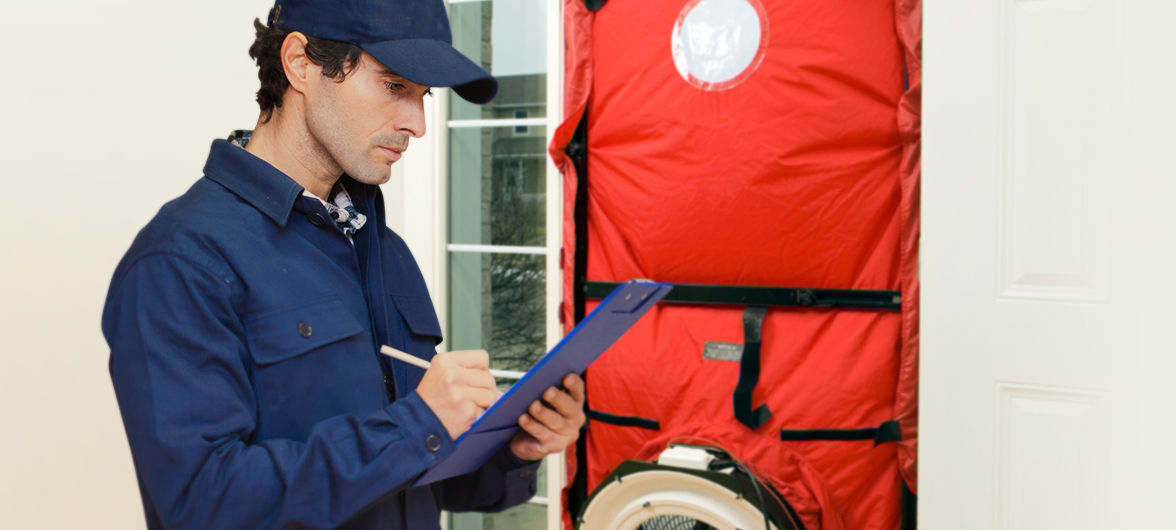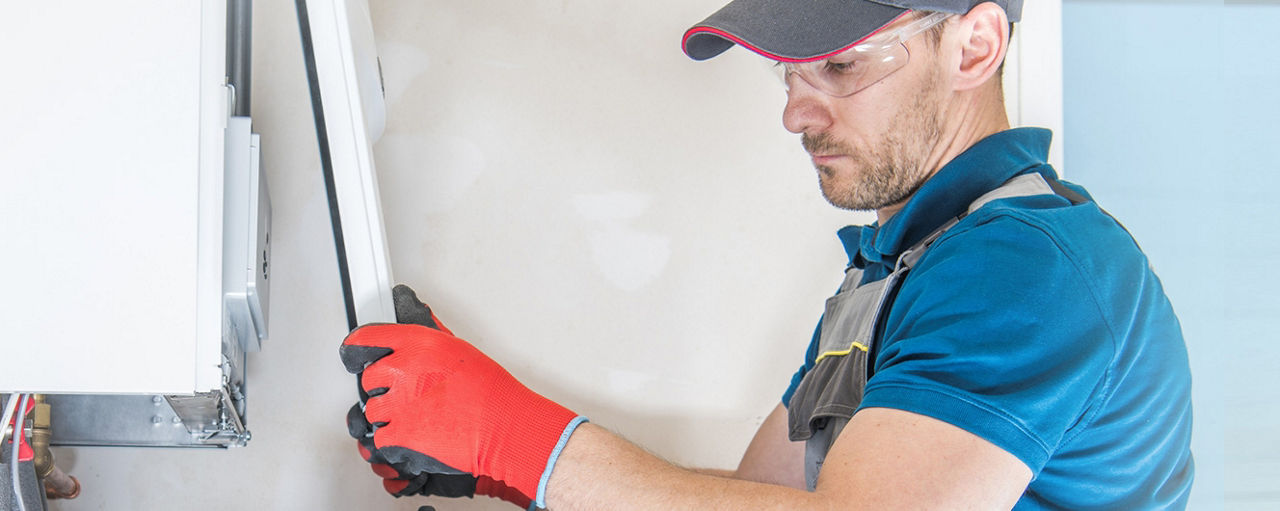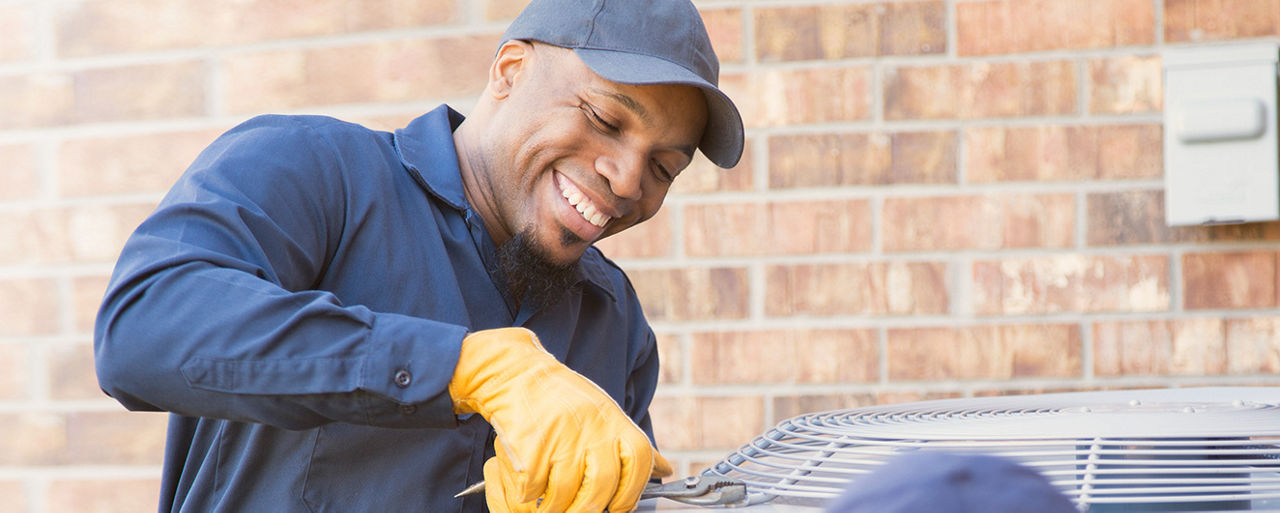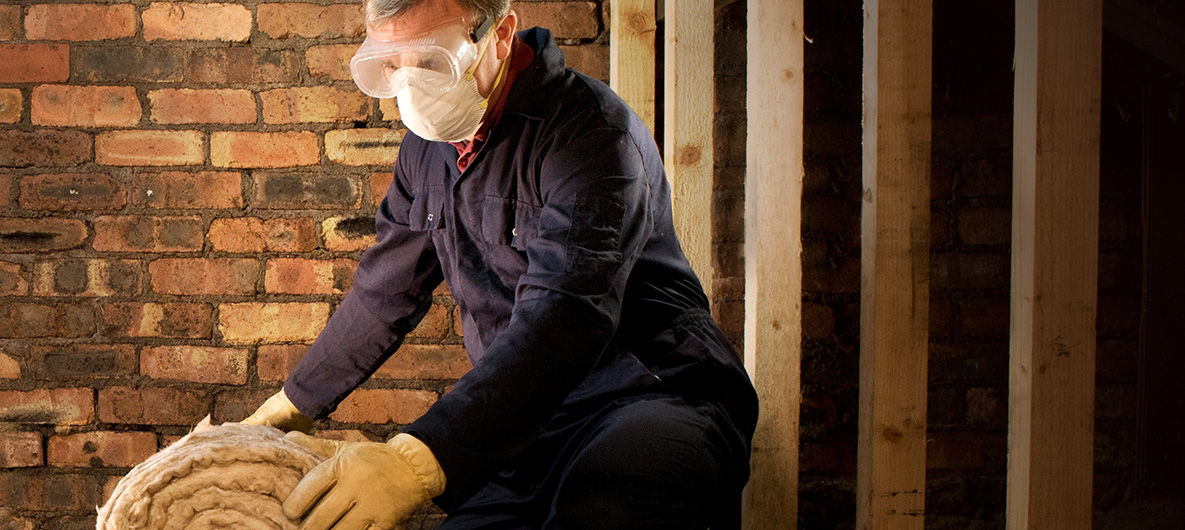Finding Local Contractors Who Can Help
Get professional help for your energy-saving upgrades, tune-ups and installations.
Find a skilled contractor for a job well done at a reasonable cost.
Use Our Contractor Database
Our Find a Contractor database includes contractors who sell and install insulation, windows and heating and cooling equipment.
- Filter your search by location and the type of service you need.
- Review contact information, including business address, phone number, email, website and the contractor’s affiliations and certifications.
- Contact contractors to schedule home visits. We recommend that you contact more than one contractor and review multiple bids.
You’ll also find companies that perform other household services. These contractors and companies do not represent or work for DTE.
Before You Hire
Have questions ready as your contractor reviews and estimates the work. Carefully view bids and options, and don’t sign a contract until you feel confident you are hiring the best person and company. Get all the facts so you can make informed decisions and avoid costly mistakes before any work begins. Here are some additional tips:
- Ask for references and credentials regarding the quality of contractor services.
- Expect a written, itemized and dated estimate. The estimate should have details of what you have discussed. Never accept estimates by phone.
- Consider the entire cost when comparing estimates, including energy efficiency benefits and warranties. A cheaper but less energy-efficient product might raise your energy bills.
- Ensure the written contract specifies project costs, model numbers, and job schedules, as well as warranty and rebate information. Your contractor should be familiar with available DTE rebates.
Below are tips on typical services DTE participating contractors provide.
Search the DTE directory for participating contractors.
For more information, please call us toll-free, 866.796.0512 or email us.
Become a Participating Contractor
If you’re interested in becoming a participating contractor:
Email us and provide your contact information. We will review and verify your information, our account management team will notify you about upcoming training sessions.
Attend a mandatory training session, online or in person. After the session you will be provided with the appropriate Participating Contractor Agreement forms to fill out and return to us.
If you have questions about the contractor enrollment process, you can email us or call us at 866.796.0512.
Get an Annual Tune-Up - Keep your heating system at peak performance by having an annual tune-up before cold temperatures set in. DTE provides rebates to help offset the cost of furnace tune-ups that include combustion analysis.
Clean or Replace Filters - Dirty filters block airflow, causing your furnace and central air conditioning to work harder and less economically. Clean or replace furnace and air filters regularly - at least every three months.
Lower Your Heating Costs - Set your thermostat between 68 and 70 degrees when you're home and 65 degrees or lower when you're away. You can save around 3% on heating costs for each degree you lower your thermostat.
Get a Load Calculation - Ensure that your contractor performs a load calculation that uses your home's design data to determine correct equipment size. Never hire a contractor who sizes your unit based solely on your home's square footage.
Shade & Clean Your Unit - Make sure your unit is shaded from direct sunlight. An outdoor unit operating in the shade uses up to 10% less electricity than the same unit operating in the sun. While you’re outside, optimize your central air unit’s efficiency by keeping it clean and clear of debris.
Clean or Replace Filters - Change your air filter regularly. Check your filter every month, especially during heavy use months. At a minimum, change the filter every 3 months. A dirty filter slows air flow and makes the system work harder to keep you cool, wasting energy.
Programmable Savings - With a programmable thermostat you can automatically adjust your home temperature for different times of day or when you’re away from home. You can also pre-set to start cooling your home before you arrive. You save by not wasting energy.
Have Ducts Inspected - Get an estimate and agreement to have your home's duct system properly inspected. The contractor should perform all necessary sealing, repairs or modifications.
Confirmation on Cooling - Get confirmation that new cooling equipment will be installed according to the manufacturer's specifications. This includes verification that the system airflow across the coil and the refrigerant charge are within the manufacturer's specifications.
Save Up to 10% Annually - Add insulation and seal air leaks around your home to increase comfort and energy efficiency while saving up to 10% on your annual energy costs.
R-Value for Attic Insulation - Insulation levels are specified by R-Value, a measure of insulation’s ability to resist heat flow. The higher the R-Value, the better the thermal performance of the insulation. For example, the recommended insulate level for most attics is minimum of R-38, or about 10 to 14 inches.
Insulate Your Water Heater - Insulate with a water heater blanket to prevent heat loss. Hire a contractor to ensure the blanket doesn’t cover electric panels, gas valves and pressure releases. Also insulate the first three feet of hot and cold water pipes connected to the water heater to help your unit maintain a consistent temperature.



